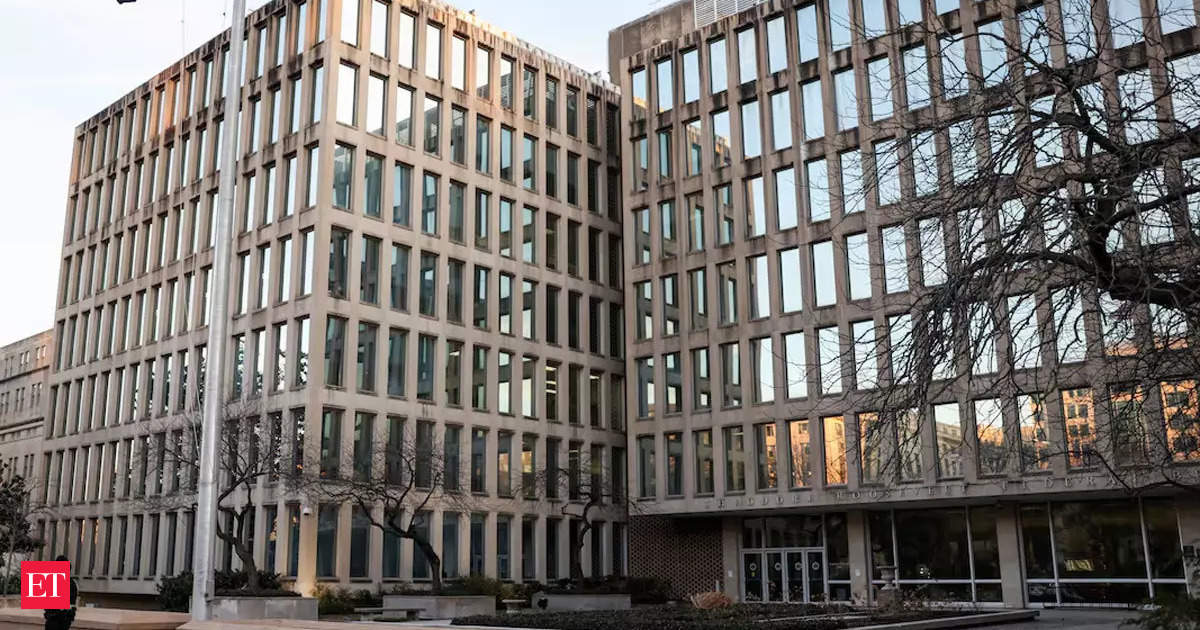
In theatre, the story as narrated and played out in front of the eyes leads to the world building process
| Photo Credit: Getty Images/iStockphoto
Theatre, in all its versions, is a celebration of the grand, the austere and the mundane in our lives. The dedication of the artists, the stage director, the technician and countless others who join hands to make a play come to life on the stage and in the minds of the audience is a testament to man’s search for meaning.
One of the first plays I watched was in Bengaluru’s very own loved and revered Ranga Shankara. The name itself is a celebration of theatre. For ranga in Kannada alludes to rangabhoomi (theatre) and ‘Shankara’ is a tribute to the legacy of celebrated Kannada actor Shankar Nag. The play was Tughlaq, based on the original work of Jnanpith awardee Girish Karnad. It explored power and its spiderlike grasp on the greatest of the kings and the travails it laid in its way. The after-effect of the play was one of awe, grandeur and quiet reckoning of its relevance in present times since its creation in 1964. The conversation that follows once you leave the theatre and venture to put the indescribable experience in words, is a welcome gift. In one such conversation with a mentor, I learned that Tughlaq was once dramatised in Purana Qila before then Prime Minister Indira Gandhi. What a grand scale event that must have been!
In Delhi, I have been fortunate to witness plays of varied forms and nature. I recall Amir Khusrau whose life was brought to light in the form of Dastangoi by Jo Dooba so Paar produced by Manav Kaul and performed in the Stein Auditorium. The play brought the realisation that Chaap Tilak and Sakal Ban are not mere songs that one can sing the heart out to, but are words that Amir Khusrau wrote and lived on. In every word of his, Khusrau followed his guru Hazrat Nizamuddin Auliya’s direction, to write simply and touch the heart of the common man.
In the plays that I have watched, I have caught a glimpse of long lost souls and been enlightened about their work of art and their life stories. In Mai Pal Do Pal ka Shaayar Hoon, the theatre group Hoshruba Repertory took the audience through people’s poet Sahir Ludhianvi’s life. As a lover of old Bollywood classics, I was pleasantly surprised to learn that many of my favourite Hindi songs have been penned by Sahir Ludhianvi. Be it Abhi na jaao chod kar or Jo wada kiya wo nibhana padega, the lines are as true today as they were in yesteryear.
Stories are what make life interesting, and as a lover of stories, the transition from a bibliophile to a theatre-buff, was easy and incremental. Where, as a reader, one builds the epic in the head through the power of imagination, in theatre, the story as narrated and played out in front of the eyes leads to the world building process. In a play, the actors come to life in a true sense — they sing, dance, cry, revel and emote and in their embodiment of the character, I come to life as well.
Cheers to many more plays and stories told and lived on the stage. Head to your Ranga Shankara, Prithvi Theatre or the Shri Ram Centre if you are in Bengaluru, Mumbai or Delhi. If you are in Dakshina Kannada or Udupi, go watch Yakshagana, the ultimate celebration of theatre, dance and song. For anyone elsewhere, explore your town and give the next nukkad natak a chance. For after turning into a theatre-lover, I have come to realise why my parents never miss an overnight Yakshagana performance at our native place. The joy of theatre is unparalleled and I hope more and more people become patrons of the art form.
shettyneha98@gmail.com
Published – February 23, 2025 03:16 am IST











